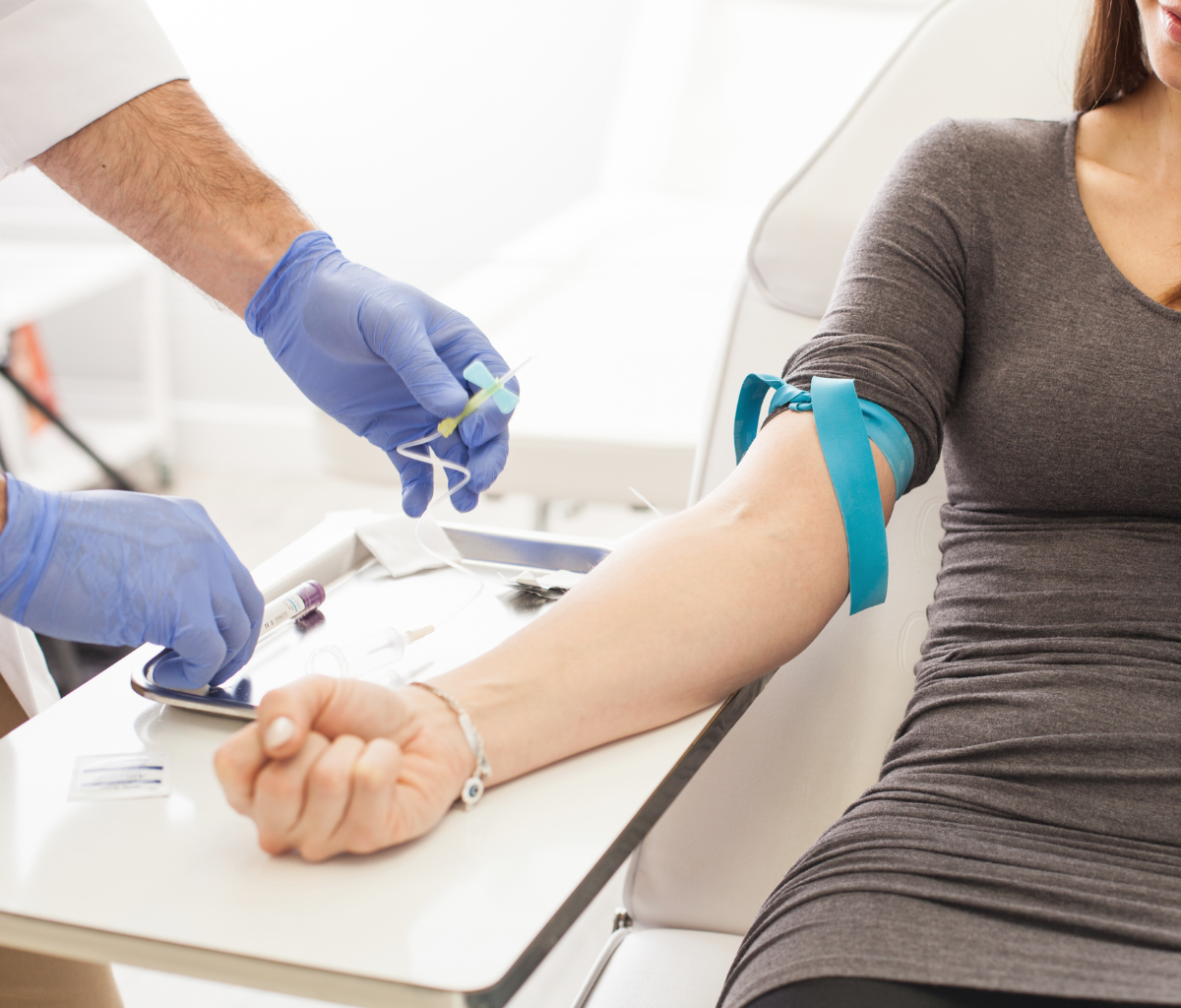Knowing vs. Not Knowing: CT DNA Testing and the Emotional Landscape of Survivorship

Not long ago, I sat down for coffee with a breast cancer survivor who’s currently enrolled in a clinical trial for CT DNA testing—also known as liquid biopsy. This test can detect tiny fragments of cancer DNA circulating in the blood, offering a potential early signal of recurrence.
She spoke about it with such calm conviction. For her, having this information—no matter how hard—was empowering. She wanted to know, even if there wasn’t a clear next step. She told me, “I’d rather be watching and ready than wondering and waiting.”
I admired her mindset deeply. But as I listened, I also recognized something important: she was the perfect person for this kind of test. She was emotionally steady, deeply curious, and very comfortable navigating gray areas in her care.
For her, knowing is power. For me? Knowing would be panic.
And that’s what inspired our most recent podcast episode of Besties with Breasties, where Sarah and I sat down with Dr. Cynthia Aks, an integrative breast surgical oncologist, to unpack not just the science behind CT DNA testing—but the emotional toll it can take.
Because what we’re really talking about here isn’t just technology—it’s emotional readiness. It’s the inner work of survivorship that often goes unspoken.
The Weight of Information
We’ve heard from many members of the Faith Through Fire community who have taken the CT DNA test—or are considering it. Some were blindsided by a positive result and left reeling when their medical team offered no next steps. Just… more surveillance.
For them, it felt like a cruel twist: You may still have cancer… but we don’t have a plan for that.
That’s a heavy burden to carry, especially for women who have already endured the fear, pain, and exhaustion of treatment. It turns survivorship into another kind of waiting room—a place where every twinge, ache, or off-day becomes a source of dread.
The Role of Mindset in Medical Decisions
This is exactly what Dr. Aks emphasizes in our conversation: the importance of understanding the patient’s mindset before offering them more information—especially information that can’t be immediately acted on.
Not every survivor is in a place where “just knowing” is helpful. For some, that knowledge can trigger spiraling anxiety or a loss of hope. For others, like my friend at coffee, it becomes a motivator—an invitation to live with even more intention and care.
Neither response is wrong. Both are valid.
At Faith Through Fire, we believe there’s no one-size-fits-all in survivorship. The “right” choice is the one that supports a woman’s whole health—mind, body, and spirit. And sometimes, that means saying no to more data. Other times, it means seeking it out.
Beyond the Science
CT DNA testing is still new, still evolving, and still lacking clear treatment protocols following a positive result. But what’s not new is the emotional landscape of survivorship—the one where women quietly navigate fear, hope, and everything in between long after active treatment ends.
This is why we need integrative care—care that treats not just the cancer, but the person living with and beyond it. Because a strong immune system, good nutrition, stress management, and emotional support do matter. And they can be just as important as any scan or test.
Listen to the Full Conversation
If you’ve ever wondered whether you’d want to know if cancer cells are still in your body—or if you’re navigating that uncertainty right now—I hope you’ll listen to our conversation with Dr. Aks.
Listen to “Pros/Cons & Emotional Implications of CT” on Besties with Breasties
We talk about:
- What CT DNA testing is and how it works
- The emotional implications of a positive test result
- Why a patient’s mindset must be part of every medical decision
- How to approach survivorship from a place of empowerment, not fear
Because survivorship isn’t just about scans. It’s about learning how to live fully, no matter what the results say.
“The CT DNA episode was excellent and so relevant to my family. My aunt Patty believed she was cancer-free after a double mastectomy, but a CT DNA test revealed circulating tumor cells—now she’s undergoing chemotherapy. I’m approaching my five-year mark and will likely be asked about this test soon. Listening to this episode gave me valuable perspective and helped me feel more prepared to make an informed decision.”
— Erin
